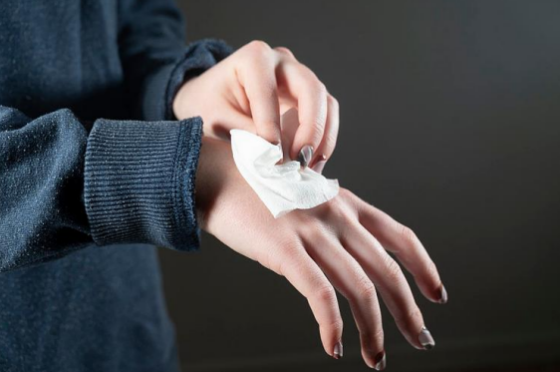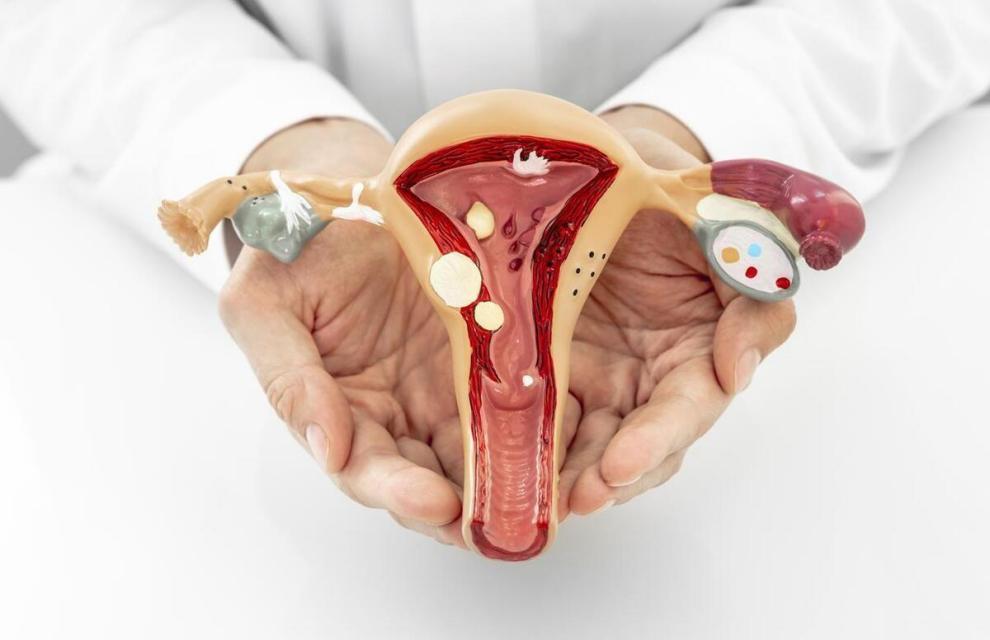Linda never thought that her daily habit of drinking honey water in the morning and evening would eventually become a "sweet trap". At the age of 62, her health check report prominently displayed the words "hypercholesterolemia", like a warning letter reminding her to adjust her lifestyle. Linda didn't want to rely on medication; she preferred a natural approach to improving her health. So, upon a friend's recommendation, she decided to drink two cups of warm water with honey every day in the morning and another at night. She believed that the antioxidant properties of honey could eliminate free radicals in her body, lower cholesterol, and make her heart healthier. This simple habit seemed like a "sweet remedy", filling her with optimism for the future. A year later, Linda confidently walked into the hospital, expecting a gratifying health report. However, when the doctor furrowed his brows while examining her results, her heart leapt into her throat. "Your lipid levels are relatively stable", the doctor said, but your fasting blood sugar is elevated.
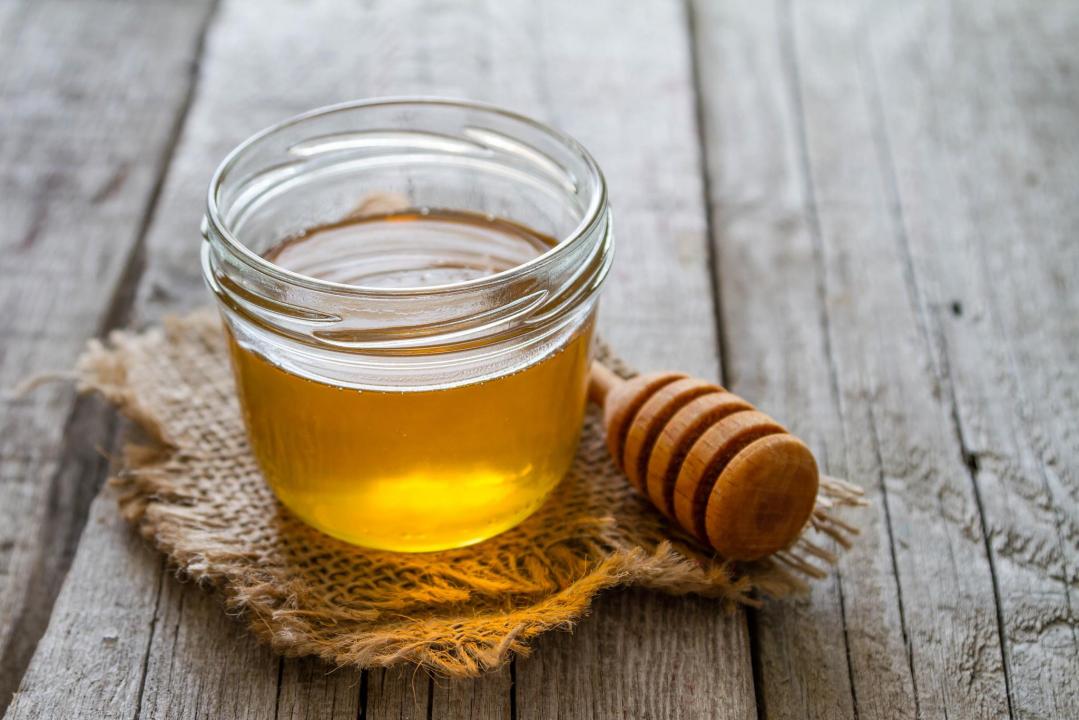
The words hit Linda like a bucket of cold water, leaving her stunned. She had thought she was building a healthier foundation for herself, only to realize she had unknowingly been adding extra sugar and burdening her body. So, where did things go wrong? After thoroughly inquiring about Linda's dietary habits, the doctor identified the culprit her excessive intake of honey. Despite being a natural food, the main ingredients of honey are fructose and glucose. Once these sugars enter the body, they behave like a crowd of eager tourists looking for an exit, rapidly being absorbed into the bloodstream and causing blood sugar levels to spike. While moderate amounts of honey do offer antioxidant and anti-inflammatory benefits, excessive consumption can overwhelm the body's insulin "dispatcher", making it difficult to process the extra sugars in time, ultimately leading to blood sugar spikes.
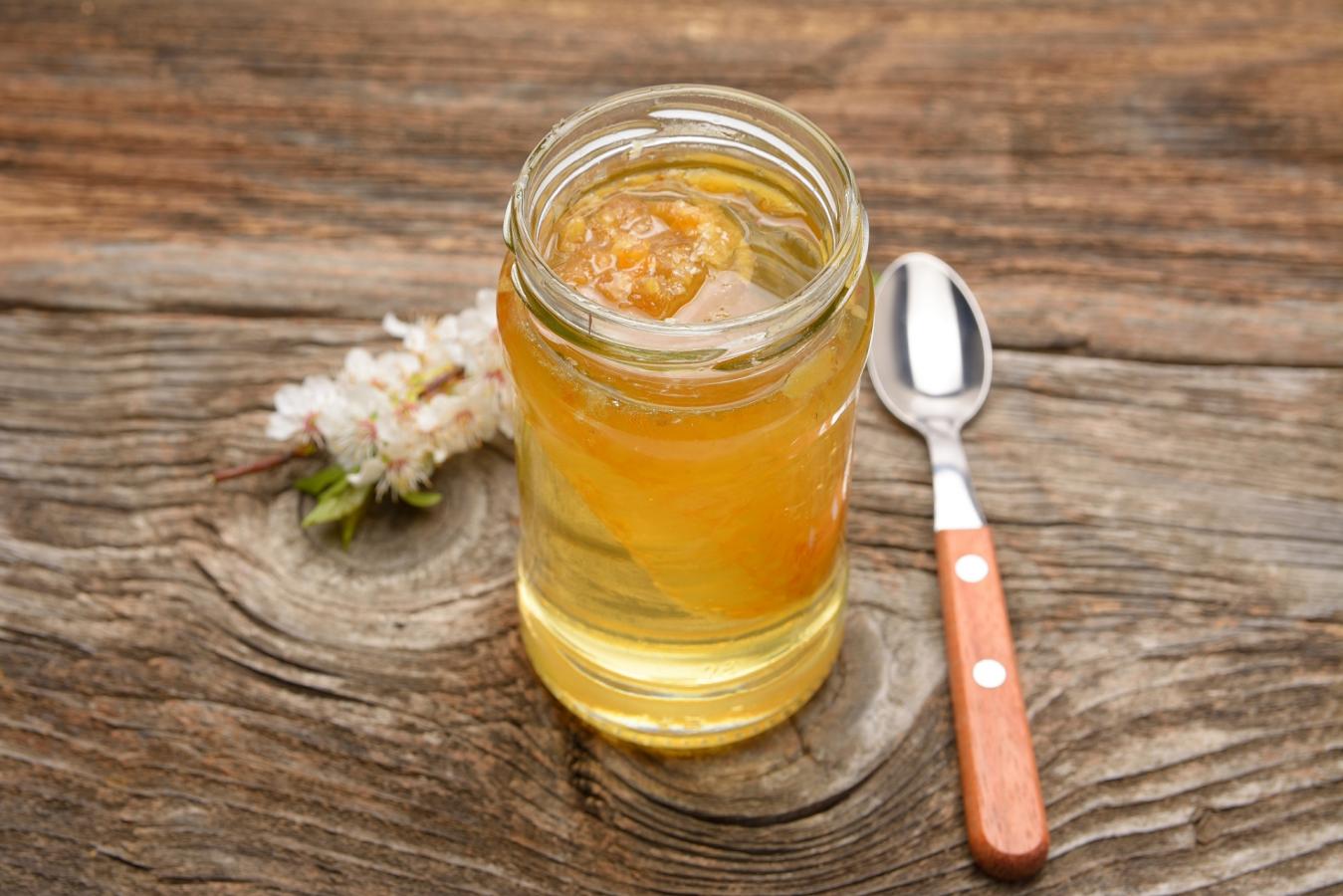
If blood sugar regulation were a stable "bank account", insulin would be the "financial advisor" managing this wealth. A small intake of sugar is like making occasional small deposits, which insulin can easily handle. However, if large amounts of sugar are consumed daily, insulin's workload increases, and over time, this "financial advisor" may become overwhelmed, potentially leading to an "overdrawn account" and an increased risk of diabetes.
Realizing the seriousness of the issue, Linda decided to follow the doctor's advice and adjust her diet. She gradually reduced her honey intake and restructured her diet to ensure a more balanced nutritional intake. So, honey lovers, how can enjoy its sweetness wisely without turning it into a health hazard? While honey has its uses, more isn't always better. Adults should consume no more than 25 grams (about 1-2 tablespoons) of honey or syrup per day, according to the World Health Organization (WHO). Avoid drinking honey water on an empty stomach, especially right after waking up or before bedtime, as insulin levels are lower at these times, making blood sugar fluctuations more likely. Instead, consuming honey in moderation after meals can help reduce its direct impact on blood sugar levels. No single food can "cure all diseases"; a healthy diet should be diverse and balanced.
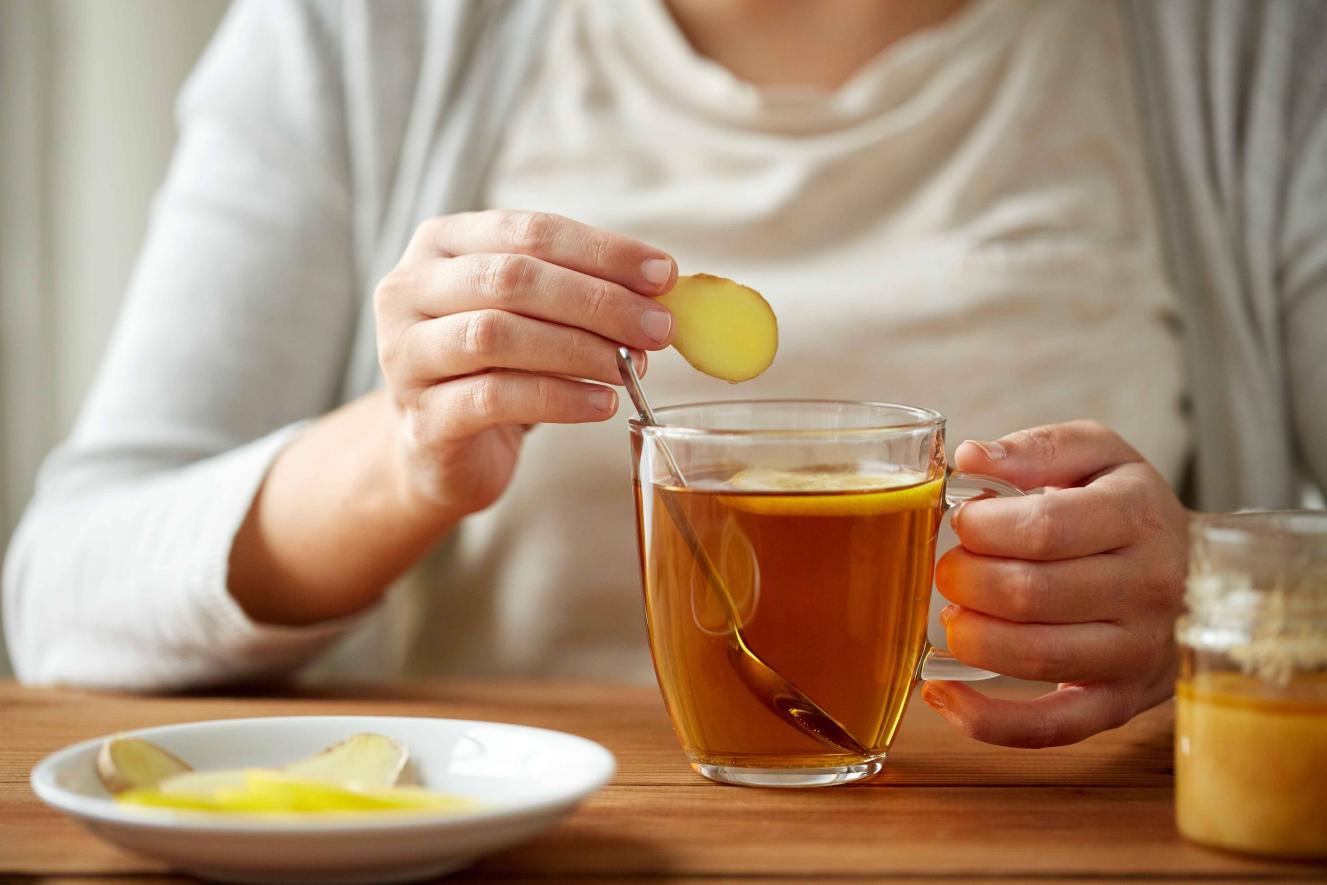
Linda's story reminds us that healthy eating is not a simple "addition game"-eating more of something beneficial doesn't necessarily mean better health. Instead, balance and moderation are key. Honey is like a "sweet friend" —when consumed appropriately, it brings warmth and benefits; but if relied upon excessively, it may silently place an invisible burden on the body.


